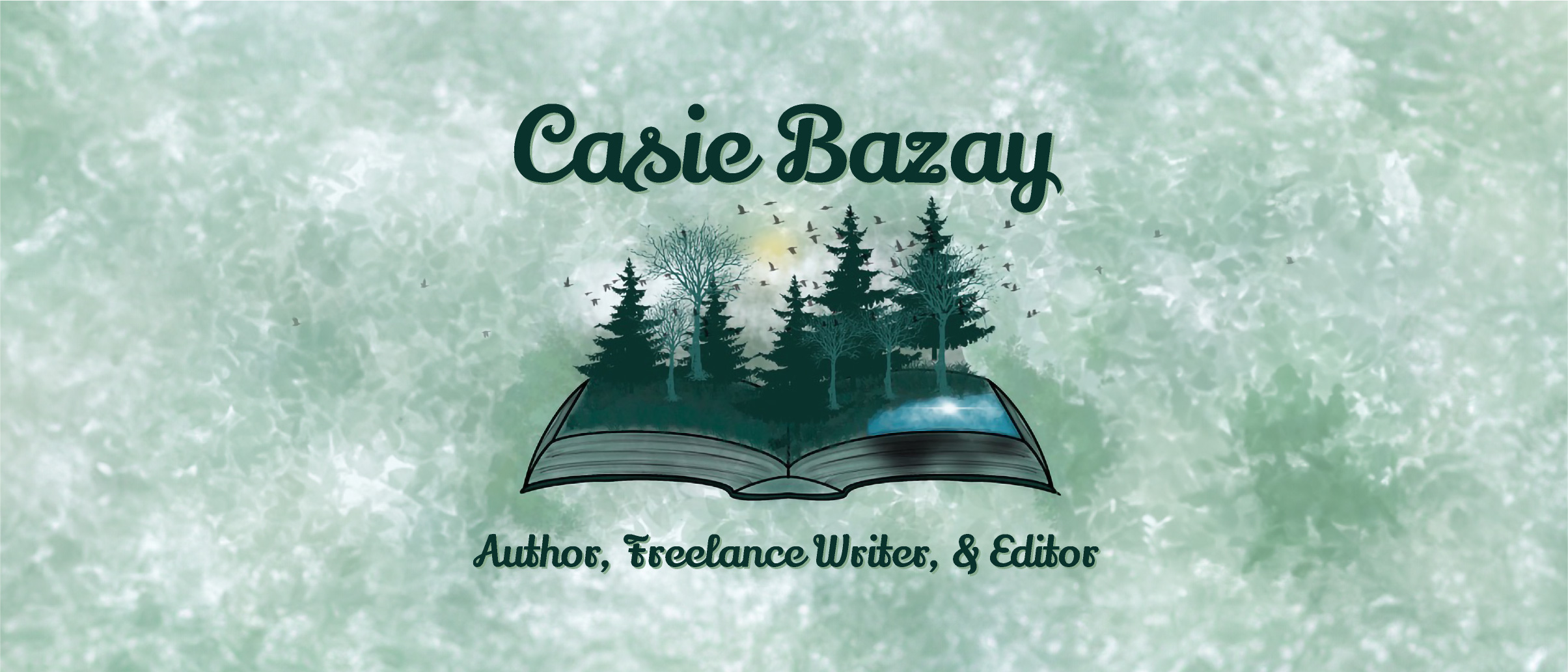I’ve mentioned this before, but when I first made the decision to write a novel some seven or eight years ago, I started by attempting to make an outline. That’s what we learn in school, right? Outline before you write; always start with a plan. It’s also what I taught to my sixth grade English students.
The only difference was. . . this wasn’t an essay. I’m fairly decent at writing essays. Give me information on a specific topic, and I can make a pretty outline and then present everything in nice, concise paragraphs. But a novel is a whole different monster. I had no idea where to even begin. I started that outline dozens of times before finally giving up and just moving on to the novel itself.
The problem was, I never even made it to the halfway mark of that story– though it certainly wasn’t due to a lack of trying. I was pretty disheartened and fairly certain I’d failed because I didn’t know where they story should go. I also assumed I’d never become a novelist if I couldn’t produce an outline.
So when I dreamed up the idea for my second book, I tried again. But every time I’d stare at that outline, my mind would go completely blank. It was as if that stupid piece of paper was sucking every ounce of creativity from my brain. I hated it.
I then attempted (what I thought was) the unthinkable: completing a novel without any semblance of a concrete plan. Sure, I had an idea–I was pretty certain I knew how the story would end, but in no way did I have a blueprint for getting from point A (the beginning) to point B (the end).
Yet, somehow, I managed to complete that novel (THE TRAVELER). It took several years and countless revisions, but I did it. Turns out it is possible to write without an outline! (I now know I’m part of an elite group of writers known as pantsers. Ok, just kidding on the elite part. . .)

After completing a second book without an outline (only much, much faster), I started to realize there’s no such thing as a right way to write. We all have our own unique methods, and there’s absolutely nothing wrong with that.
Some people outline, some do tons of research before ever typing a single word. Others go with their gut. Additionally, some people write their story in sequential order; others write random scenes and piece them together. As long as the end product is a cohesive book, that’s all that really matters, right?
Personally, I always start with an idea and it helps if I can first write a short summary of what I think the story will be. But once I get started, I tend to let the characters lead me. I keep a spiral, taking notes as I go to keep track of characters, places, dates, and other important information. I also do research as I go. Once the rough draft is written, I always have to go back and “plump up” my scenes and possibly re-write a few. There’s lots of revising. But my method works for me.
It may have roots in my Imposter Syndrome, but for a long time I held the belief that I needed to do things like everyone else in order to be successful. The good news is that writing has taught me to let go of that belief. I’ve learned there are as many roads to success as there are people to get there. And what a boring world it would be if we all did everything exactly the same. . .
Of course, this isn’t to say we don’t stand to gain anything by attending writing conferences or learning from more experienced writers. We do for sure. There are techniques and practices nearly all writers can make use of. But don’t make the mistake of thinking, since Stephen King does X, I have to do it too. Take what information you find helpful from the gurus, and toss (or stash) the rest.
In the end, we’re all our own greatest teachers when it comes to writing. We can read all the craft books, attend seminars and conferences, and make all the plans we want, but only hard work and actual writing will help us to each discover our right way to write.

